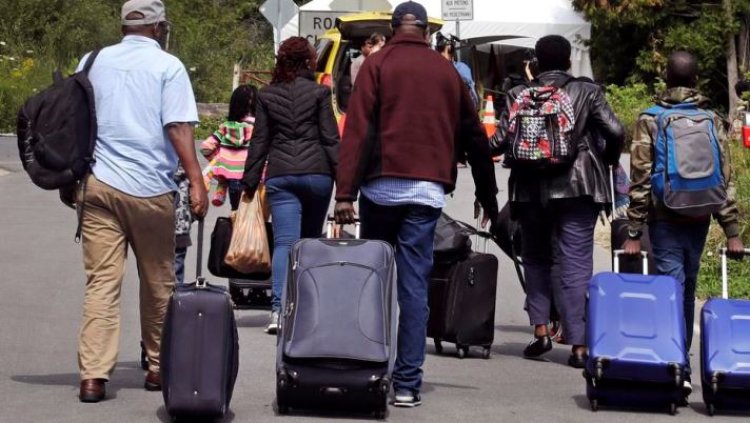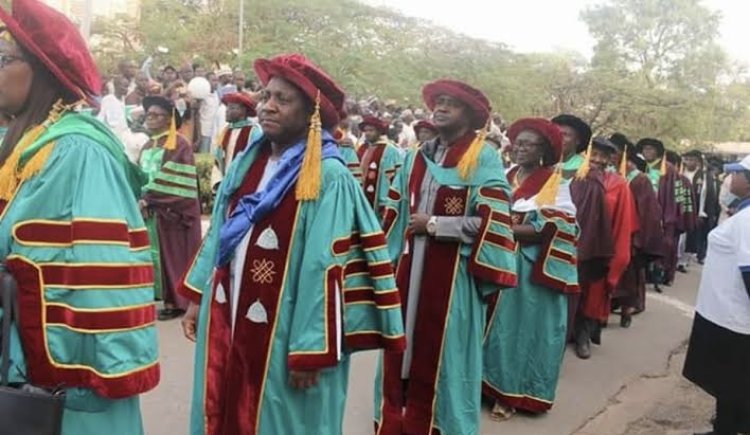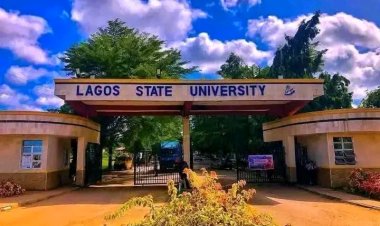Shortage of Academic Staff in UNN a Nation Wide Issue - UNN Dean
Onyishi attributed the shortfall to several factors, including retirement, death on active duty, and migration abroad in search of better opportunities. He emphasized that this issue is not unique to UNN but is a nationwide problem affecting all public universities.

A recent survey conducted in the South-East region revealed that many lecturers are now handling more courses due to the lack of academic staff. Ikechukwu Onyishi, Dean at the Faculty of Pharmaceutical Science, University of Nigeria Nsukka (UNN), confirmed that the shortage has resulted in lecturers taking on more courses to fill the gap.

Onyishi attributed the shortfall to several factors, including retirement, death on active duty, and migration abroad in search of better opportunities. He emphasized that this issue is not unique to UNN but is a nationwide problem affecting all public universities.
The dean also criticized the federal government’s Integrated Payroll Personnel Information System (IPPIS), claiming that it has hindered vice-chancellors’ ability to recruit new academic staff. He urged the government to allow vice-chancellors more autonomy in recruitment and to restructure the IPPIS to facilitate the addition of new staff.
Christian Opata, Chairman of the Academic Staff Union of Universities (ASUU) in UNN, echoed Onyishi’s sentiments. He warned that unless the government takes serious action on education-related issues and implements effective policies, more academic staff will continue to seek opportunities abroad.
For you: 23-Year-Old Makes History, Becomes NIPSS Youngest Ever Graduate
Opata, a senior lecturer at the Department of History and International Studies, disclosed that not only are lecturers resigning to go abroad, but many who have gone overseas on government scholarships for their Masters or PhDs are refusing to return to Nigeria due to better conditions of service and welfare.
He revealed that while retirement and death have contributed to the shortage, the number of those resigning to go abroad or refusing to return after completing their studies is higher. This shortage, he said, has significantly increased the burden on lecturers in public universities, who now handle more courses.
Recommended: ESFAM-Benin University Reopens After Inspection by University Commission
Opata also criticized the government’s use of the IPPIS, which he said has made it difficult for vice-chancellors to recruit more academic staff. He pointed out that the current student-to-lecturer ratio far exceeds the country’s education policy, which stipulates a ratio of one lecturer to 30 students. Some lecturers, he said, are now handling between 1,200 and 1,500 students.
This shortage of lecturers, according to Opata, has negatively impacted teaching, learning, and the quality of graduates from various institutions. He called for urgent action to address this issue and improve the state of education in Nigeria.

 Chukwuebuka Aniakor
Chukwuebuka Aniakor 



